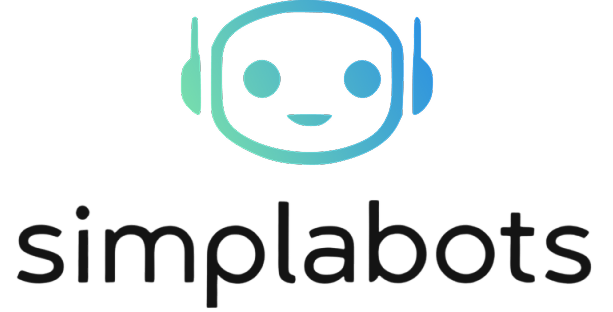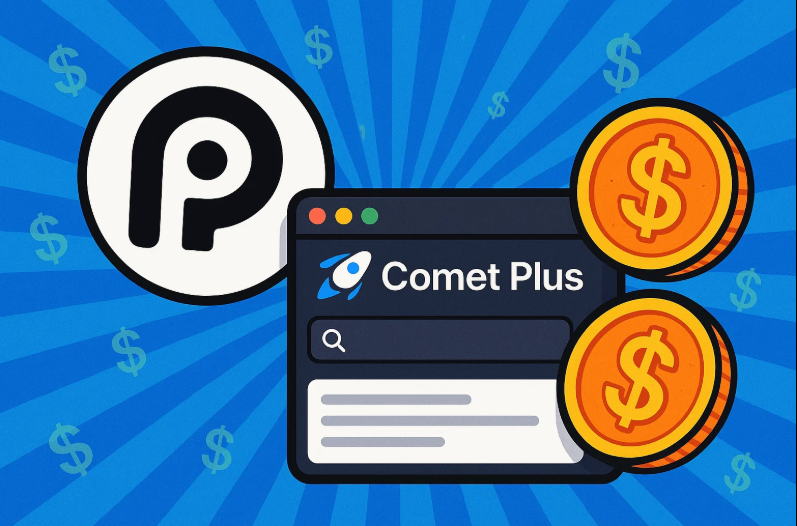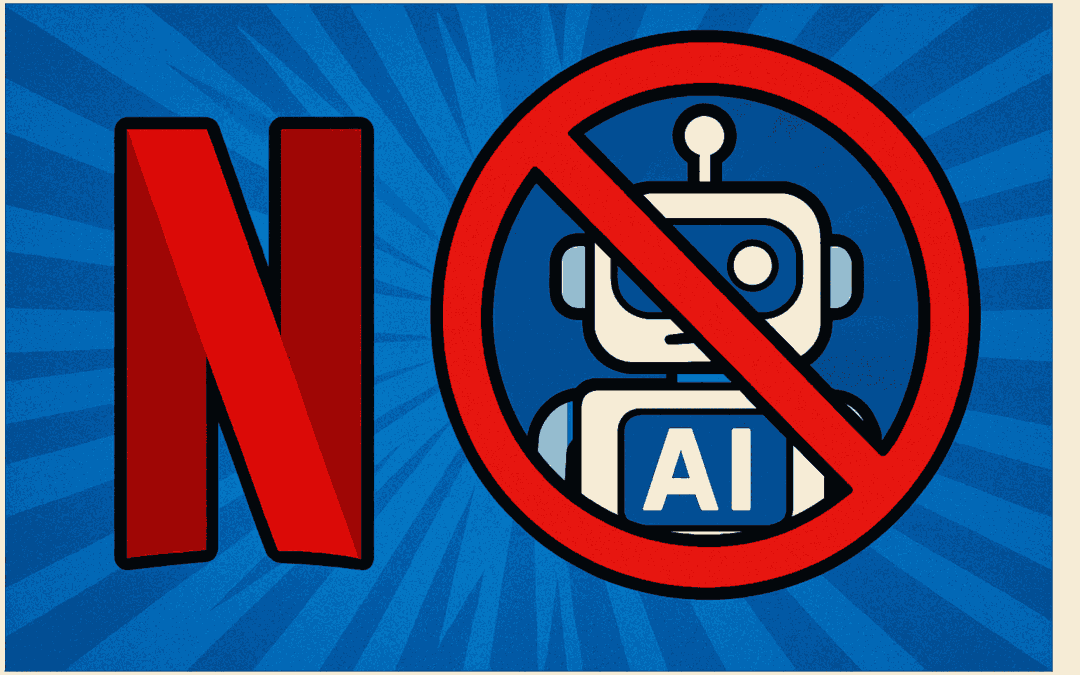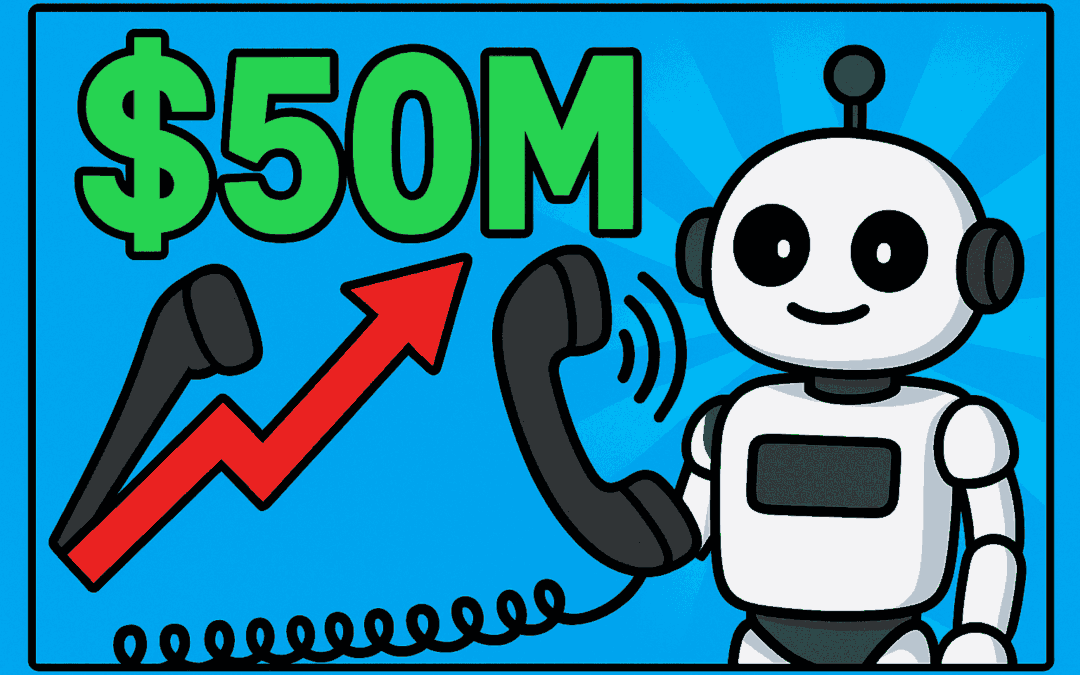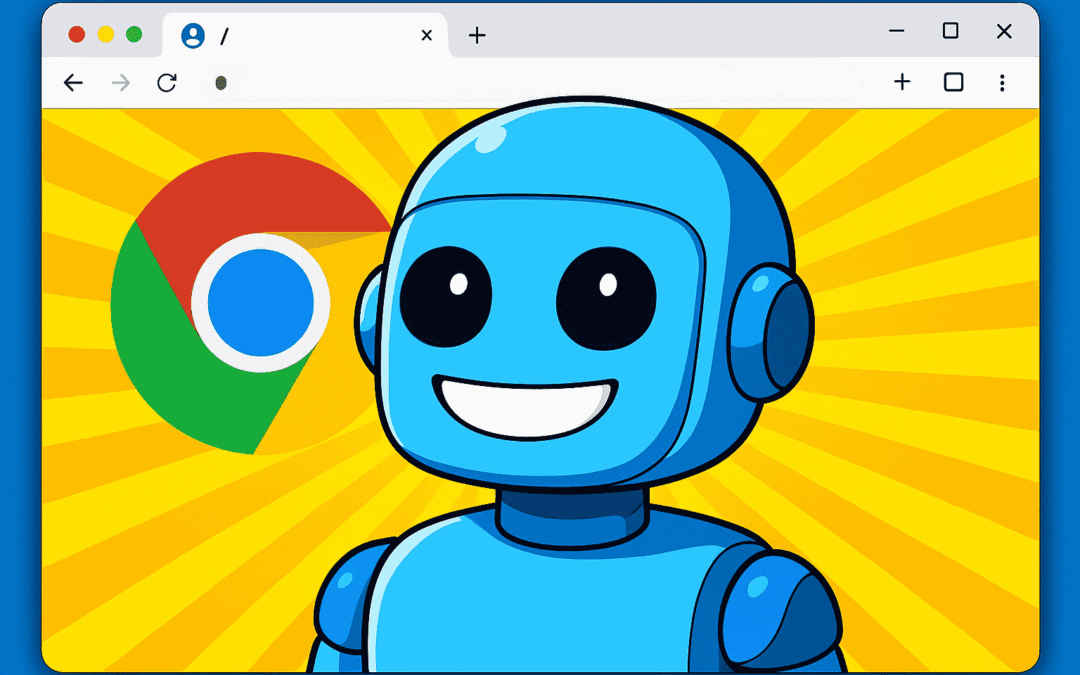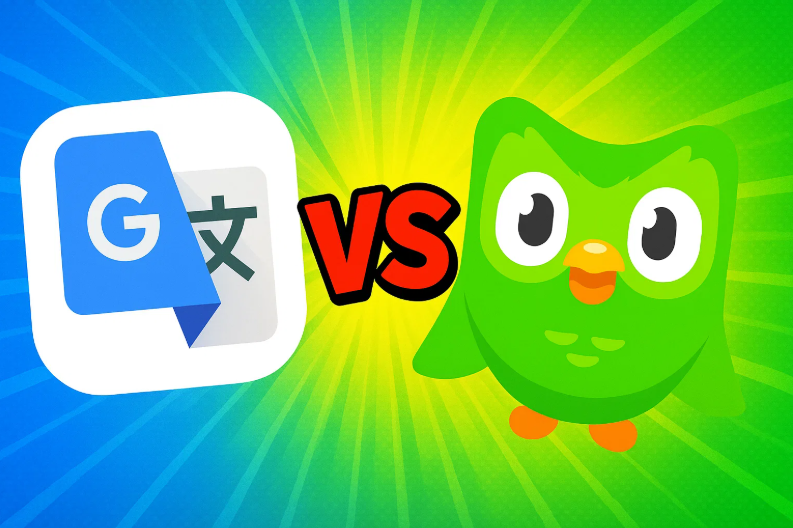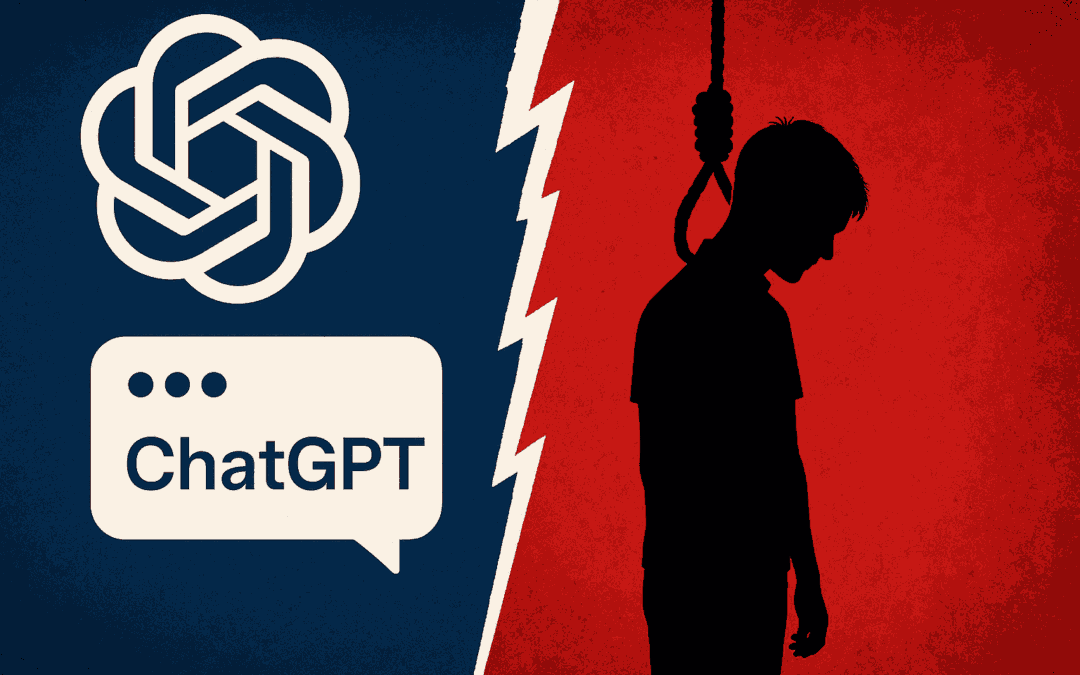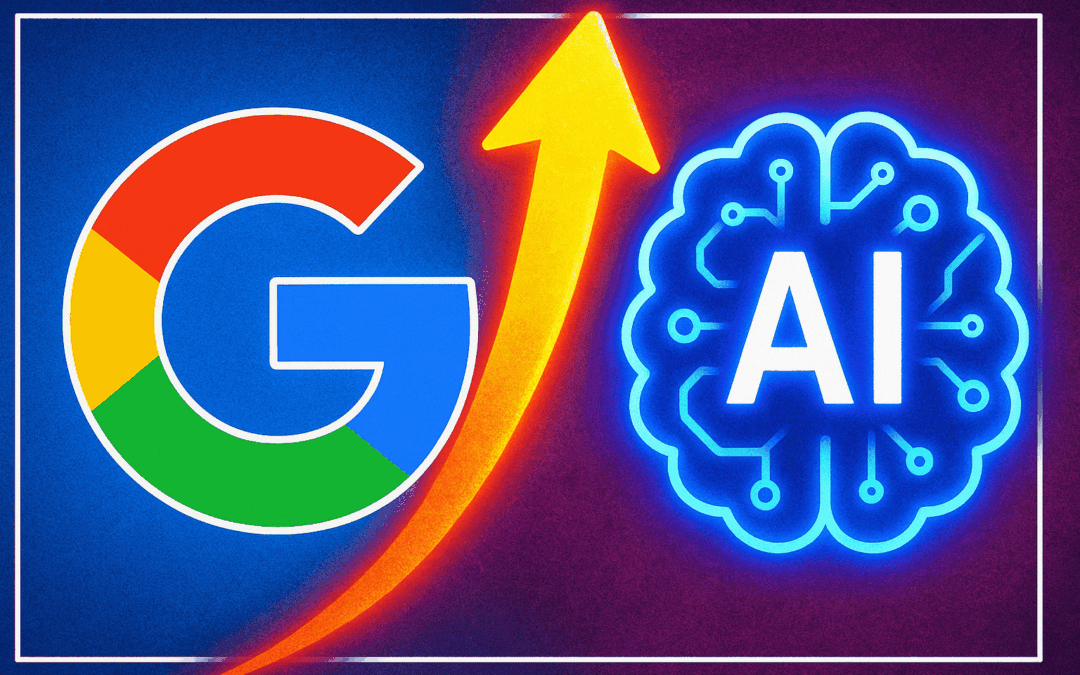As generative AI reshapes the creative industries, Netflix has introduced new rules to limit AI use in its productions, signaling a shift in how major studios approach technology, intellectual property, and creative control.
This move impacts developers, AI tool vendors, and all professionals aiming to innovate at the intersection of AI and media.
Key Takeaways
- Netflix now restricts generative AI integration in its original content production workflows.
- These new policies address copyright, labor concerns, and creative integrity amid rising adoption of generative AI.
- The rules may set a precedent for other streaming platforms and influence AI adoption across the entertainment industry.
- Toolmakers and AI startups face tighter requirements for transparency, licensing, and data sourcing in media projects.
Netflix’s New Policies: What Changes
According to multiple reports, including Dig.watch, Netflix updated its production guidelines to restrict the use of generative AI, particularly in scriptwriting, visual effects, and character creation. Productions must obtain specific clearance before employing AI-generated content. This aligns Netflix with a growing movement among unions and creatives pushing back on unregulated AI content creation.
“Major studios now recognize that unchecked generative AI use can disrupt both creative processes and legal frameworks.”
Industry Context and Developer Implications
Netflix’s decision comes against a backdrop of industry-wide debates on AI’s role following the 2023 writers’ and actors’ strikes in Hollywood, which centered on AI’s impact on labor and authorship.
oAccording to The Hollywood Reporter, these strikes led to new contract language on AI usage across major studios.
Netflix’s policy marks one of the earliest large-scale implementations, potentially influencing how AI ethics and transparency are managed in entertainment and beyond.
Creatives and developers must now demonstrate clear content provenance, obtain rigorous licensing for datasets, and ensure AI tools respect original authorship.
Impact on AI Startups and LLM Vendors
For AI professionals and startups, these rules present both challenges and opportunities:
- Product Development: AI tool providers integrating with media production pipelines must implement transparent data sourcing and content tracking features.
- Compliance Burden: Developers must adapt to stricter licensing, making open-source models and datasets with robust copyright status more valuable.
- Market Opportunity: Companies that offer compliance-ready generative AI solutions or specialized copyright tracking could see increased demand.
The entertainment industry’s stance on AI is rapidly evolving, and professionals should expect further regulatory clarity and technical requirements soon.
Looking Forward
Netflix’s decision marks a pivotal moment for generative AI’s role in creative industries. While the rules tighten near-term AI integration, they stimulate innovation for solutions enabling safe, rights-respecting AI deployment. Developers and startups must now factor in legal, ethical, and provenance requirements as core features, not afterthoughts.
Source: Dig.watch
